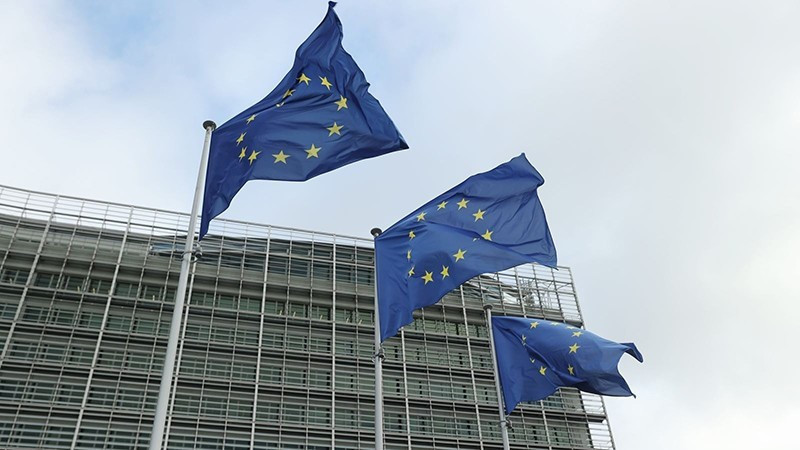Italian Prime Minister Giorgia Meloni and President of the European Commission (EC) Ursula von der Leyen have just co-chaired a summit on strategic investment for Africa, with the message throughout the conference being “development together”.
This is the third time in just over a year that senior leaders of the European Union (EU) and Africa have met to discuss directions to enhance cooperation. The increasingly frequent meetings are a testament to the deep interest of officials from both sides in the future cooperation of the two continents, which are geographically close and have strategic interests.
One of the statements that attracted attention at this conference was the initiative proposed by Meloni, on how to deal with Africa's huge debt. Accordingly, within the next 10 years, about 235 million EUR of African debt will be converted into investment projects in essential areas such as transportation, energy, education, health, and sustainable agriculture in the African continent. The initiative aims to long-term relieve up to 50% of the debt burden for low-middle income African countries.
Experts say that this is a very meaningful proposal because public debt has long been a rock weighing down Africa’s growth efforts. The continent is mired in its worst debt crisis in 80 years, with more than half of its population living in countries that spend more on interest payments than on education, health, and climate change.
Reducing the debt burden is not the only benefit Africa will receive from its promising relationship with the EU.
The EC’s president emphasised that the blue flag alliance wants to strengthen cooperation with Africa from traditional areas such as agriculture and infrastructure to new industries such as clean energy and artificial intelligence.
Clear evidence of this ambition are two strategic projects: the Lobito rail corridor and the Blue Raman submarine cable system. When completed, the Lobito corridor is expected to become an important bridge for mineral-rich economies such as Angola, Zambia, and the Democratic Republic of Congo to access global markets, thereby promoting regional trade and shortening the time to transport goods from Africa to the world.
While the Lobito corridor solves infrastructure problems, the Blue Raman submarine cable system opens opportunities for technological development across the African continent.
For the EU, Africa is also an attractive region, helping the blue flag alliance find solutions to many difficult problems, including energy issues, especially when the EU is trying to reduce its dependence on supplies from Russia.
Recently, the EC announced the goal of completely ending gas and oil imports from Russia before 2027. Experts say this is not an easy goal. To cut ties with Russian gas, the EU needs to find a stable and reliable alternative supply source on the global market.
With abundant reserves of natural gas and vast potential in solar and wind energy, Africa is emerging as a promising partner for the EU in the energy sector. Moreover, supporting Africa’s development serves a dual purpose.
Experts say that poverty is one of the main reasons why many Africans are forced to leave their homeland, choosing to illegally cross the sea to reach the “promised land” of Europe. This is the cause of a chronic “headache” for EU leaders in recent times.
In that context, supporting Africa's socio-economic development by creating more jobs and improving people’s lives is a measure to help the EU reduce pressure and thoroughly handle the flow of illegal immigrants.
With intertwined interests, the EU and Africa are striving to promote bilateral relations by addressing common challenges. In the context of the world facing unpredictable fluctuations, the equal partnership between the EU and Africa is becoming a driving force for both sides to work together towards a stable future of sustainable development.
















